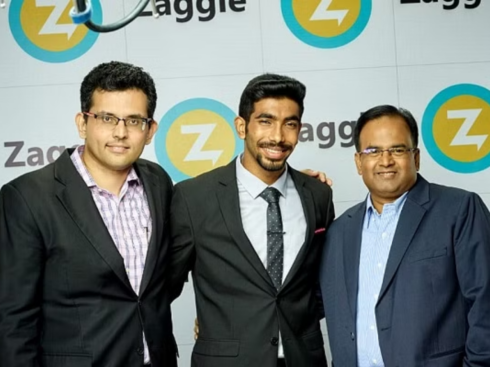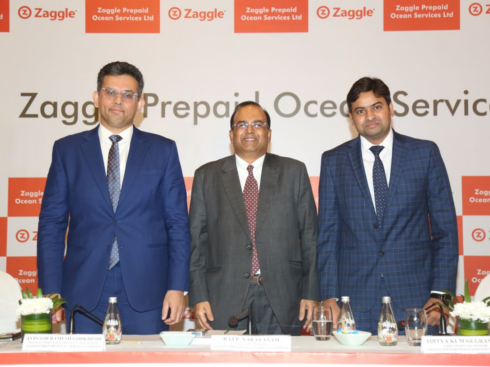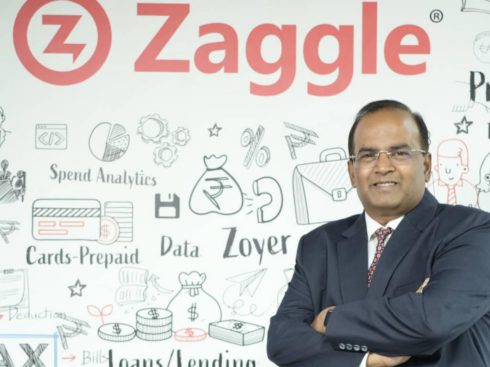
SUMMARY
Kaleidofin Will Use The Funding To Accelerate Customer Acquisition Pan India
Chennai-based fintech startup Kaleidofin has raised over $2.8 Mn in seed funding from Omidyar Network. Blume Ventures and individual investors – including Israeli serial entrepreneur and inventor, Professor Shlomo Ben-Haim – have also participated in the round. This is Professor Ben-Haim’s first investment in India.
With the raised funding, the startup aims to accelerate its customer acquisition pan-India, expand the company’s network of strategic partners, and enable deep investments in technology and analytics. Also, with this round Rajiv C Lochan, CEO and managing director of the Hindu Group, has joined Kaleidofin’s board as an independent director.
It is estimated that more than 200 Mn households in India have no access to formal savings, insurance and investments. Launched in February 2018, Kaleidofin aims to tap this vast segment of informal sector customers and offers tailored financial solutions using intelligent algorithms to suit their investment needs.
The startup also leverages the full India stack to provide customer and product partners with a seamless integration to the platform, including eKnowyourcustomer (eKYC), eSignature (eSign) and Electronic National Automated Clearing House (eNACH).
“We believe that everyone deserves and requires access to financial solutions that are intuitive and easy to use, flexible and personalised to real goals. This can make financial progress and financial freedom possible for everyone,” said Sucharita Mukherjee, the founder of Kaleidofin.
The startup is currently working through strategic partnerships with the leading non-banking financial companies (NBFCs) and financial institutions, including SEWA Bank, Sonata Microfinance, ICICI Pru MF, UTI, Aditya Birla, SBI, ICICI Pru Life and Bharti Axa as well as directly through its mobile app. Also, since its launch, the Kaleidofin app has been already deployed by SEWA Bank across all its branches, staff and agents.
Using the funds raised in this round of investments, Kaleidofin plans to expand its network to include partners in other segments, such as agents, banking correspondents, cooperatives, self-help groups and microfinance institutions to deliver suitable financial solutions to the underserved at a faster scale.
“Even though India has made strides in improving access to the formal financial system, uptake of services and products by Indian consumers has been slow, because they find that traditional banking or insurance is not relevant to their life’s context,” said Smita Aggarwal, Director – Investments at Omidyar Network and Kaleidofin’s newest board member. “We are excited that Kaleidofin uses state-of-the-art technologies to understand people’s unique needs and offer bundled solutions mass-market consumers to help improve their financial lives.
Omidyar Network has been investing quite actively in the Indian landscape since the past few months. ZineOne, Pratilipi, Healofy, and IndusOS are few of the recent investments Omidyar has made in the Indian landscape.
Wealth management or investment advisory is a booming segment in the fintech sector. Most recently, we have seen giants like Flipkart and Paytm testing waters in the financial advisory segment as well. Paytm has set up its financial products arm Paytm Money Ltd. Paytm Money will focus on building its investment and wealth management products for its users.
Flipkart too silently launched its investment firm Sabin Advisors wherein the speculations indicate a possibility of routing all Flipkart investments through this setup. This clearly indicates how Flipkart is rooting for both as a startup investment firm and a wealth management set up under its camp.
Further, forecasted to cross over $2.4 Bn by 2020, as per a report by KPMG India and NASSCOM, India is currently home to more than 500 fintech startups. As per Inc42 DataLabs, the number of deals in the fintech segment has been growing significantly since 2014. Starting from just 26 deals in 2014, the year 2017 reported 111 deals in fintech, a rise of 21% from 2016.
The opportunity is ripe. But the competition is tough and will get tougher going forward. In such a scenario, will Kaleidofin be able to build a sustainable, revenue-generating business model, is something to watch out for.


























